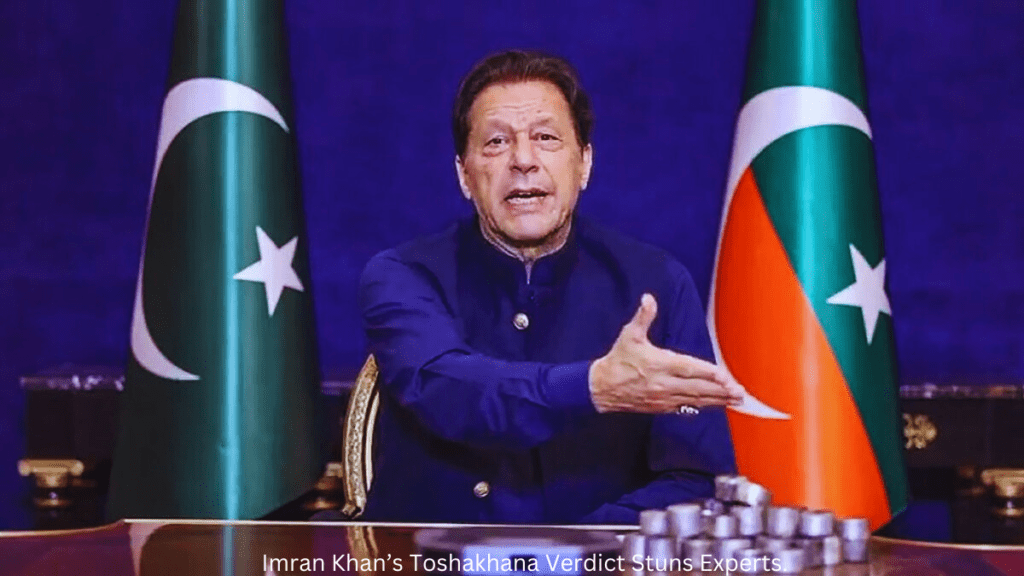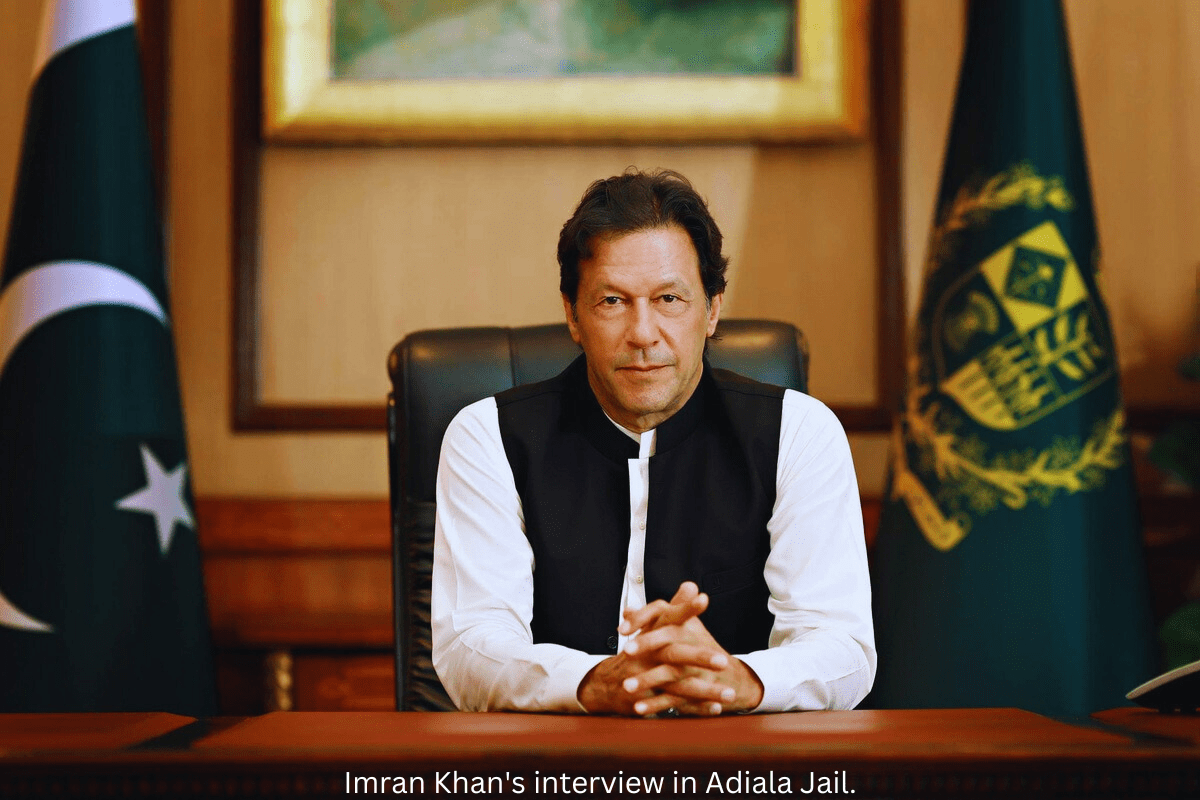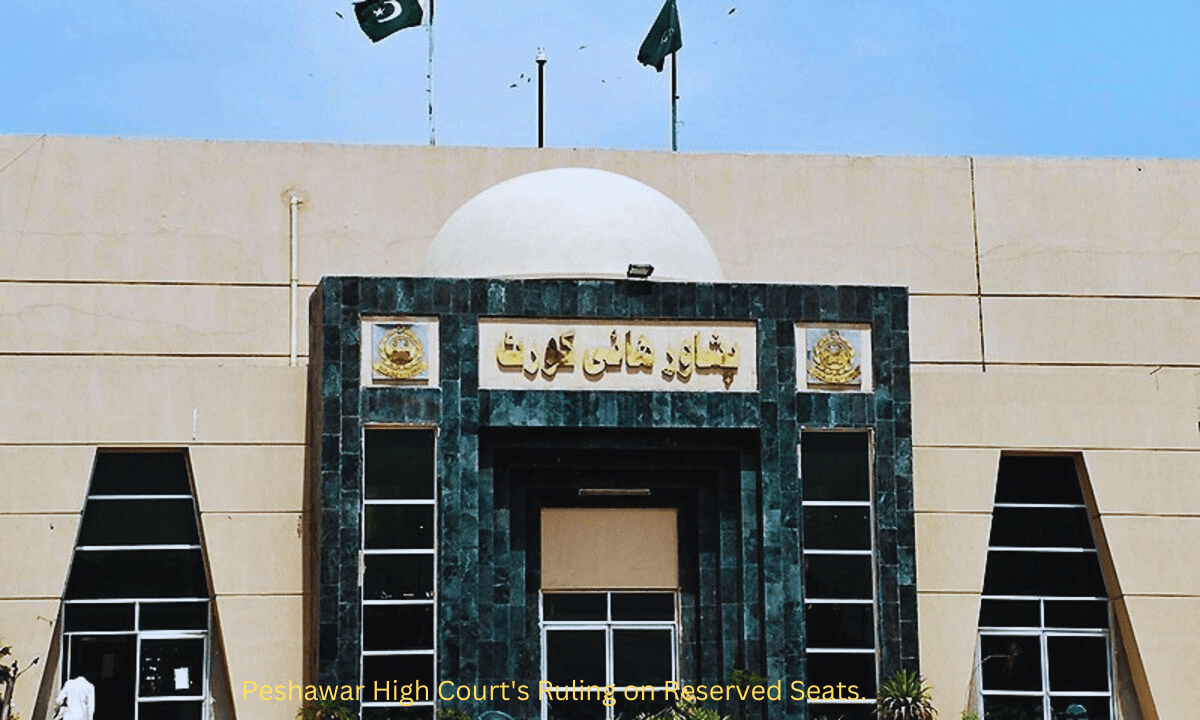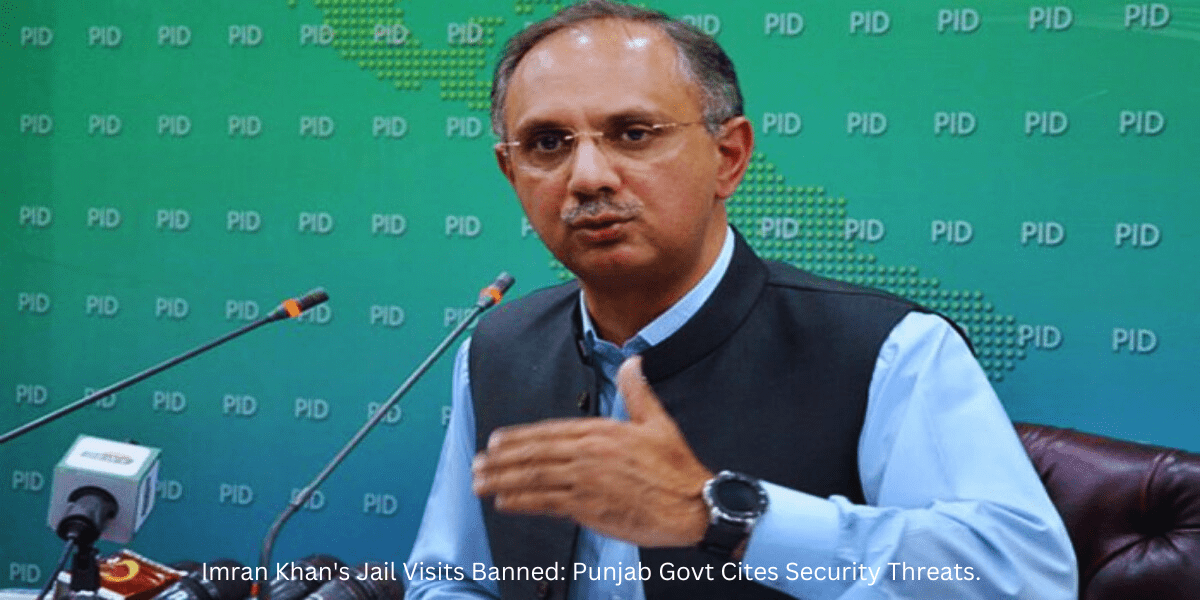
The Toshakhana verdict against Imran Khan has stirred controversy, with legal experts and journalists expressing concerns over the fairness of the proceedings. Despite expectations, the swift judgments have raised questions about the integrity of the judicial process and the protection of fundamental rights. As Imran Khan navigates these legal challenges, the verdict’s political ramifications loom large, potentially shaping the landscape leading up to the upcoming elections.
Toshakhana Verdict Unveiling Imran Khan’s Legal Battle
The recent Toshakhana verdict has catapulted Imran Khan, the founder of Pakistan Tehreek-e-Insaf (PTI), into a legal quagmire. The verdict, which sentenced Imran and his wife Bushra Bibi to 14 years in jail, follows a series of legal proceedings that have gripped the nation’s attention. Let’s delve into the details and dissect the implications of this verdict.
Imran Khan’s Legal Turmoil A Closer Look
Imran Khan, a prominent figure in Pakistani politics, has been embroiled in legal battles that have threatened to overshadow his political career. The Toshakhana verdict is just the latest chapter in this ongoing saga. From allegations of leaking state secrets to accusations related to the misuse of government property, Imran’s legal woes have only deepened over time.
Insights from Legal Experts
Legal experts have been quick to weigh in on the Toshakhana verdict, offering a mix of criticism and analysis. Lawyer Basil Nabi Malik, for instance, has highlighted the rushed nature of the proceedings, suggesting that the verdict may lack credibility in the eyes of many. Concerns have also been raised about the adherence to procedural norms and the fairness of the trial process.
Journalistic Perspectives on the Verdict
Journalists, too, have been vocal about their views on the Toshakhana verdict. Shahzeb Jillani, a seasoned journalist, has lamented the manner in which the trials against Imran Khan have been conducted, describing it as a mockery of the judicial process. He suggests that the relentless pursuit of Imran by state institutions may inadvertently bolster his public image as a victim of political persecution.
Examining the Trial Proceedings
The proceedings leading up to the Toshakhana verdict have come under intense scrutiny. Critics have pointed to perceived irregularities, such as the denial of legal representation and limited opportunities for cross-examination, as evidence of a flawed process. Questions linger about the haste with which the verdict was delivered and whether due process rights were adequately upheld.
Role of the Accountability Court
The accountability court tasked with adjudicating the Toshakhana case has been at the center of attention. Its handling of the trial has sparked debate about the judiciary’s independence and impartiality. Some argue that the court’s swift judgments reflect a commitment to accountability, while others fear that political motivations may have influenced its decisions.
Implications of Imran Khan’s Convictions
Imran Khan’s convictions in multiple cases, including the Toshakhana reference, have significant ramifications for Pakistani politics. While some view them as a triumph of justice, others perceive them as part of a broader campaign to undermine Imran’s political influence. The fallout from these verdicts is likely to reverberate across the political landscape, especially with elections on the horizon.
Upholding Fair Trial Principles
The Toshakhana verdict underscores the importance of ensuring fair trial principles in the legal system. Regardless of one’s political affiliations, every individual is entitled to due process and a fair hearing. Any perception of bias or procedural irregularity undermines public trust in the judiciary and erodes the rule of law.
Protecting Due Process Rights
The right to a fair trial and due process rights are fundamental pillars of a democratic society. The Toshakhana verdict serves as a reminder of the need to safeguard these rights, even in the face of high-profile cases. Upholding due process is essential not only for the individuals directly involved but also for the integrity of the justice system as a whole.
The Justice System Under Scrutiny
The Toshakhana verdict has reignited debates about the efficacy and integrity of Pakistan’s justice system. Critics argue that political interference and institutional bias undermine the system’s credibility, while others maintain that accountability measures are necessary to combat corruption and malfeasance. Balancing the imperatives of accountability and due process remains a delicate task for the judiciary.
Preserving Fundamental Rights
At its core, the Toshakhana verdict raises broader questions about the protection of fundamental rights in Pakistan. The right to a fair trial, freedom from arbitrary detention, and access to legal representation are essential safeguards against state overreach. Upholding these rights is not just a legal obligation but a moral imperative in any democratic society.
Frequently Asked Questions (FAQ’s)
Q: What is the significance of the Toshakhana verdict?
A: The Toshakhana verdict holds significant implications for Pakistani politics, particularly for Imran Khan, as it represents another legal setback in his career. It highlights the ongoing tensions between political figures and state institutions and raises questions about the fairness of the judicial process.
Q: What do legal experts say about the fairness of the trial proceedings?
A: Legal experts have expressed concerns about the rushed nature of the proceedings and the perceived lack of due process. They argue that the verdict may have been influenced by political considerations rather than a strict adherence to legal principles.
Q: Are there concerns about the integrity of the justice system in light of this verdict?
A: Yes, the Toshakhana verdict has reignited debates about the independence and impartiality of Pakistan’s justice system. Critics argue that political interference and institutional bias undermine public trust in the judiciary and erode the rule of law.
Q: What measures are being taken to address the concerns raised by the Toshakhana verdict?
A: Efforts are underway to challenge the verdict through legal channels and to advocate for greater transparency and accountability in the judicial process. Civil society organizations and legal experts are actively engaged in raising awareness about the importance of upholding due process rights.
Q: What is the significance of the Toshakhana verdict?
A: The Toshakhana verdict holds significant implications for Pakistani politics, particularly for Imran Khan, as it represents another legal setback in his career. It highlights the ongoing tensions between political figures and state institutions and raises questions about the fairness of the judicial process.
Q: What impact does the Toshakhana verdict have on Imran Khan’s political future?
A: The Toshakhana verdict could potentially strengthen Imran Khan’s political narrative as a victim of political victimization. However, it may also weaken his standing among voters who expect transparency and accountability from their leaders.




Leave a Reply